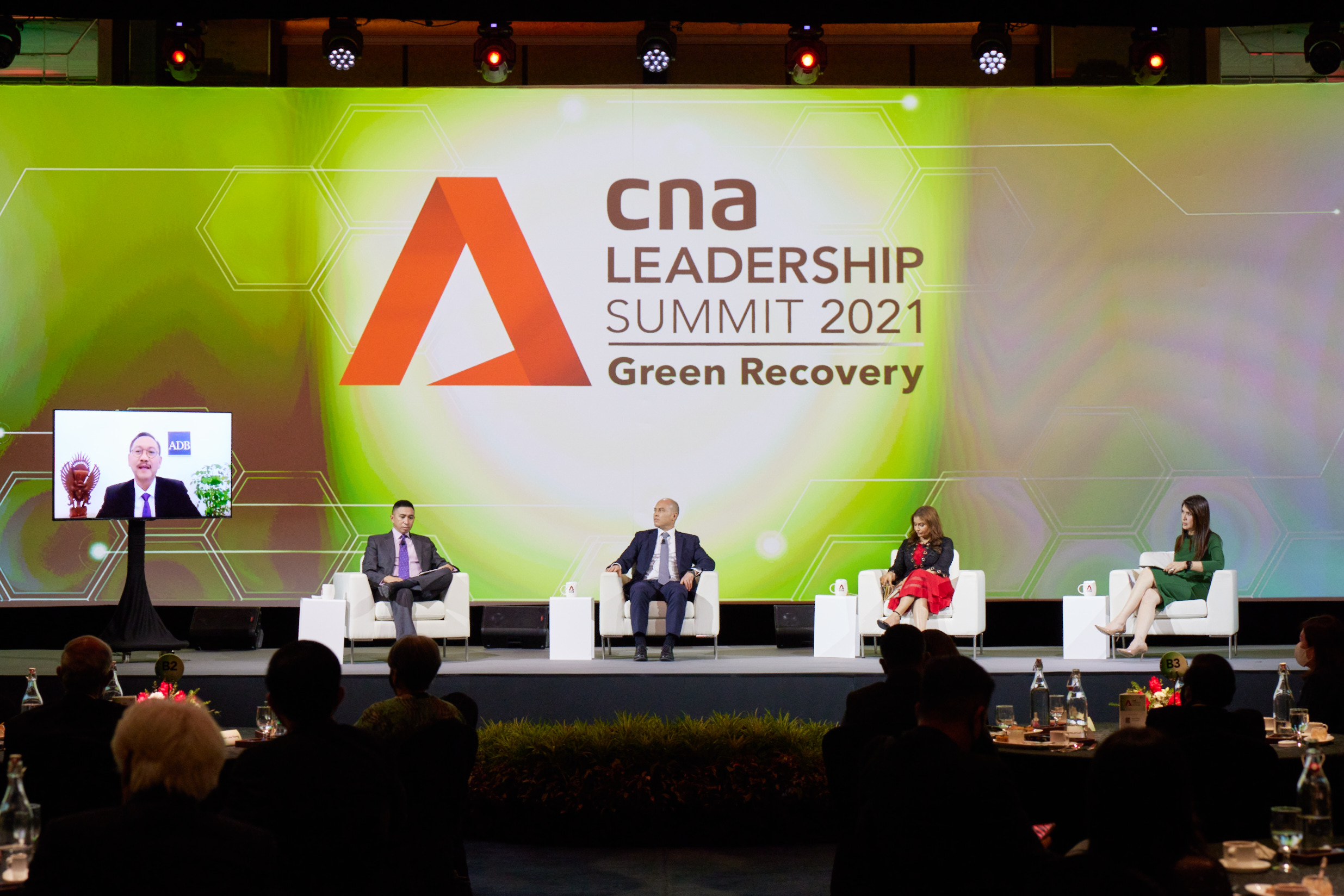SMU Professor of Finance Dave Fernandez, who is also the Co-Director of the Singapore Green Finance Centre, pointed out that international consensus and government support are the drivers of the development of sustainable finance in recent years, such as the UN Sustainable Development Goals 2030, Singapore Green Plan 2030, and the Paris Climate Agreement. Financial industries, as important participants in the market, play a crucial role in providing the investment and helping shape the society into a low-carbon economy. Climate issues, such as the recent Texas deep freeze, have led to the increasing attention on climate risk and its impact on social activity.


